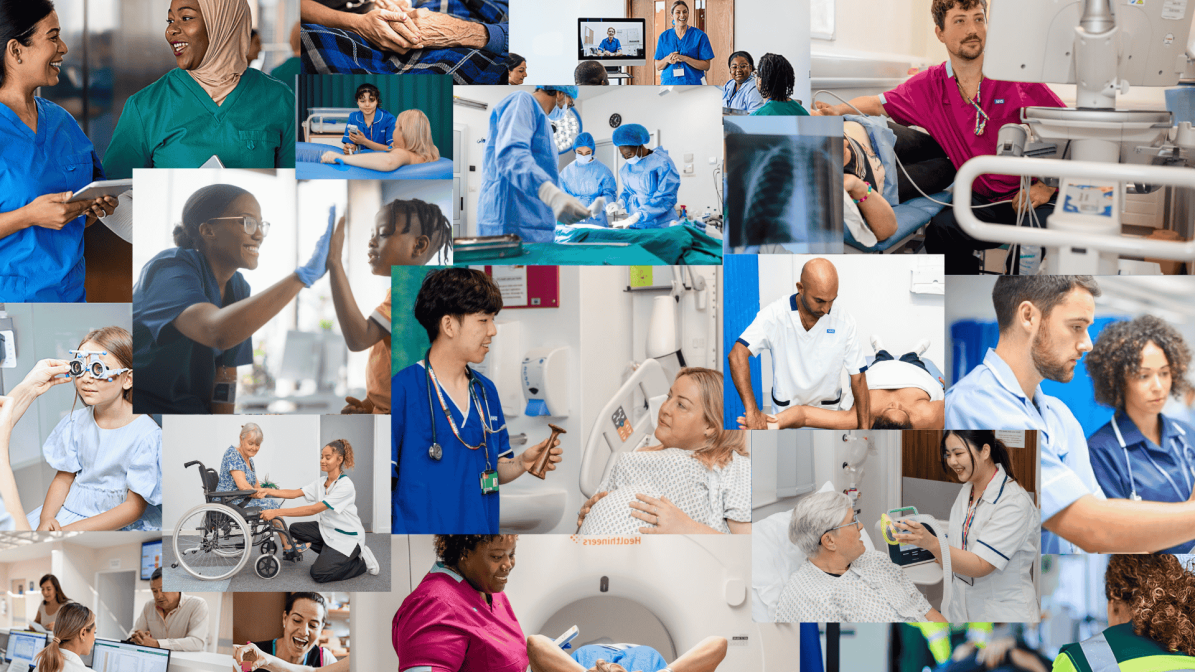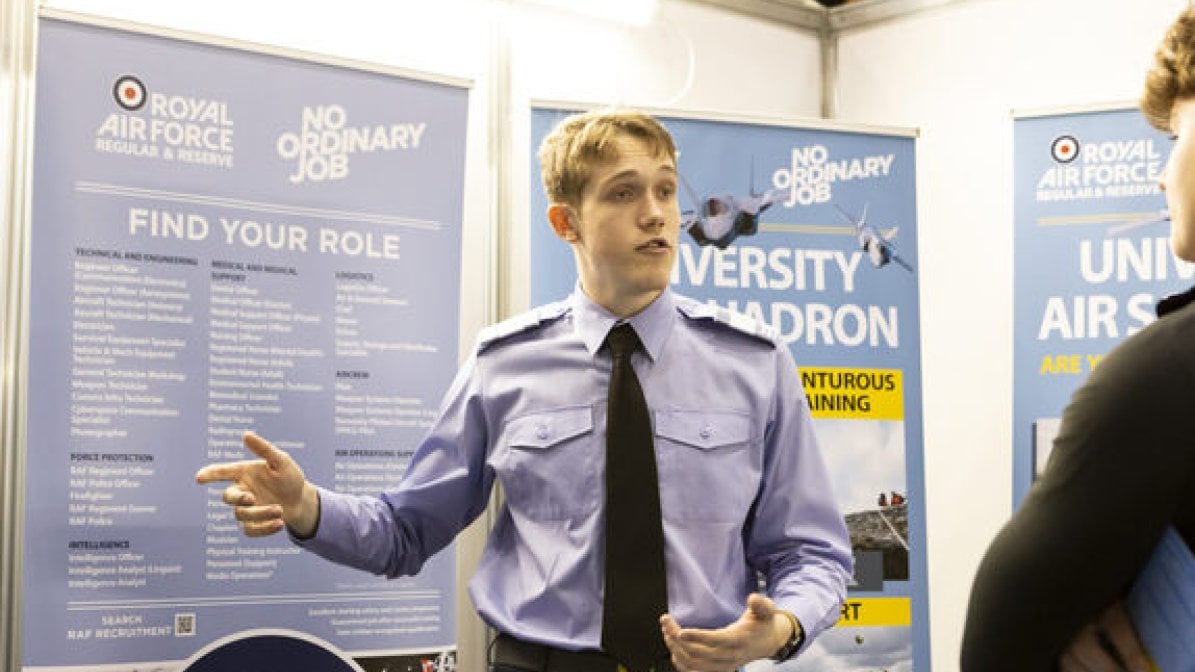Radiography and medical technology are essential to modern healthcare, offering an understanding of imaging techniques, diagnostic procedures, and technology in medical settings.
Studying this subject teaches you the skills to operate cutting-edge medical equipment, including X-ray machines, CT scanners, and MRI devices. Common career paths include radiographers, medical imaging specialists, and healthcare administrators with opportunities to specialise in areas like mammography, nuclear medicine, or cardiovascular imaging.
As technology continues to advance, professionals in radiography and medical technology play a crucial role in integrating innovative solutions that enhance diagnostic accuracy and patient care.
The impact you could make
- Contribute to advancements in healthcare that save lives and improve overall well-being.
- Help healthcare institutions become more efficient, cost-effective, and capable of providing higher -quality care.
- Contribute to the development of more affordable and portable imaging solutions, that help under-served populations.
What you could study
- Academic and professional practice
- Radiotherapy in practice
- Anatomy
- Diagnostic imaging
- Medical ethics
- Medical law
- Diagnostic technology and physics
- Oncology
- Radiation physics
- Complementary image systems
- Radiography research
Study options
Options to study in this field include:
- undergraduate courses in radiography and medical technology
- apprenticeships in health and science

Discover careers in the NHS
The NHS offers a variety of careers in the radiography and medical technology sector. Discover roles in the NHS and the different ways to get started on your future career.
Find out more
Example module
Example assignment
72% of students
Subjects it's useful to have studied first
Some radiography and medical technology courses or apprenticeships will have requirements for previous qualifications in certain subjects.
Biology
Chemistry
Physics
Maths
Hard skills you'll develop
- Radiographic imaging techniques
- Radiation safety
- Image interpretation
- Medical terminology
Soft skills you'll develop
- Teamwork and collaboration
- Attention to detail
- Stress management skills
- Professionalism
Careers: Where it can take you
Find out more about your career prospects from studying radiography and medical technology. The following information is based on a typical medical radiographer role.
Available jobs
Average salary
Career options
Medicine, dentistry and nursing

What is a… military radiographer?
Radiographers don’t just work in hospitals. A military radiographer serves in the armed forces, combining their expertise in radiography with a commitment to supporting military personnel. Trained to operate advanced medical imaging equipment, such as X-ray and CT scans, they play a crucial role in the diagnosis and treatment of injuries and illnesses within the military healthcare system. Often deployed to various locations worldwide, including combat zones and field hospitals, they work under demanding conditions. Their service reflects a unique dedication to both the principles of military duty and the wellbeing of those who serve.

Find your ideal career
Take our careers quiz to find your ideal job matched to your personality type.Getting in: Entry requirements
Find out more about what you'll need to study radiography and medical technology at university or as an apprenticeship.
Average requirements for undergraduate degrees
Entry requirements differ between university and course, but this should give you a guide to what is usually expected from radiography and medical technology applicants.
A levels
Scottish Highers
Vocational

Health and science apprenticeships
Check out our industry guide to help you decide if a health and science apprenticeship might be right for you.Other subjects you may be interested in
Considering an apprenticeship?
Applying for an apprenticeship is just like applying for a normal job. Here’s what you need to know:-
1
Deadline
Apprenticeships don't follow the same deadlines as applying to uni, the deadline is down to the employer. -
2
Where to apply
You apply directly through the employer. -
3
No limits
You're not restricted to one apprenticeship application; you can do as many as you like. -
4
Apply to university and apprenticeships
There's nothing stopping you applying to university through UCAS, while also applying for apprenticeship vacancies. -
5
Find out more
Read our guide to health and science apprenticeships.
Explore further
Go deeper into topics around radiography and medical technology with the following.
-
1
In2STEM summer programme
In2STEM offers the opportunity for 16-19 year olds to build skills and learn more about STEM subjects, with a mix of in-person and online activities.
-
2
Radiologist Dr Vivienne Eze – The Savvy Doctor
Follow radiologist Dr Vivienne Eze as she documents her life and insights as a doctor specialising in diagnostic imaging.
-
3
Keep up to date with the latest news
You'll find all the latest news and research on The Society of Radiographers website.
Application advice
Whether it's personal statement tips or what to write in a cover letter for an apprenticeship application, our application advice will help you get ahead in your radiography and medical technology journey.
Skills, experiences, and interests to mention
- Your academic achievements, particularly in science will be really important to highlight for this subject.
- Write about experiences that demonstrate your ability to convey complex information clearly.
- You’ll need to be detail-oriented to ensure the accuracy and precision of imaging so think about instances from your academic or work experiences where attention to detail was critical.
- Express your eagerness to continue learning and staying updated on advancements in radiography and medical technology.
- Why are you passionate about pursuing a career in radiography and medical technology? Connect your personal experiences and values to your desire to contribute to the field.

Writing your personal statement
We asked admissions tutors to share their dos and don’ts for writing a strong and engaging radiography and medical technology personal statement. Here's what they told us.









